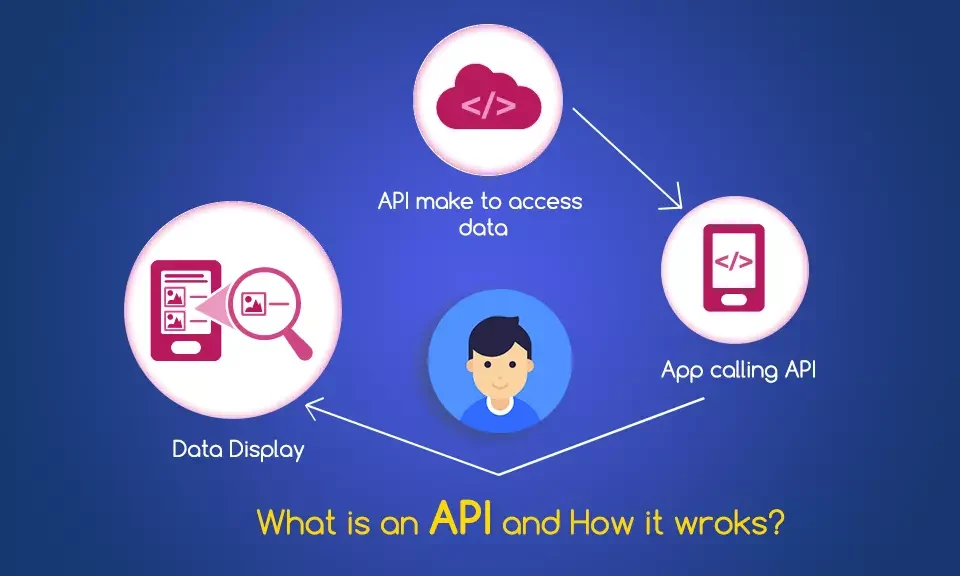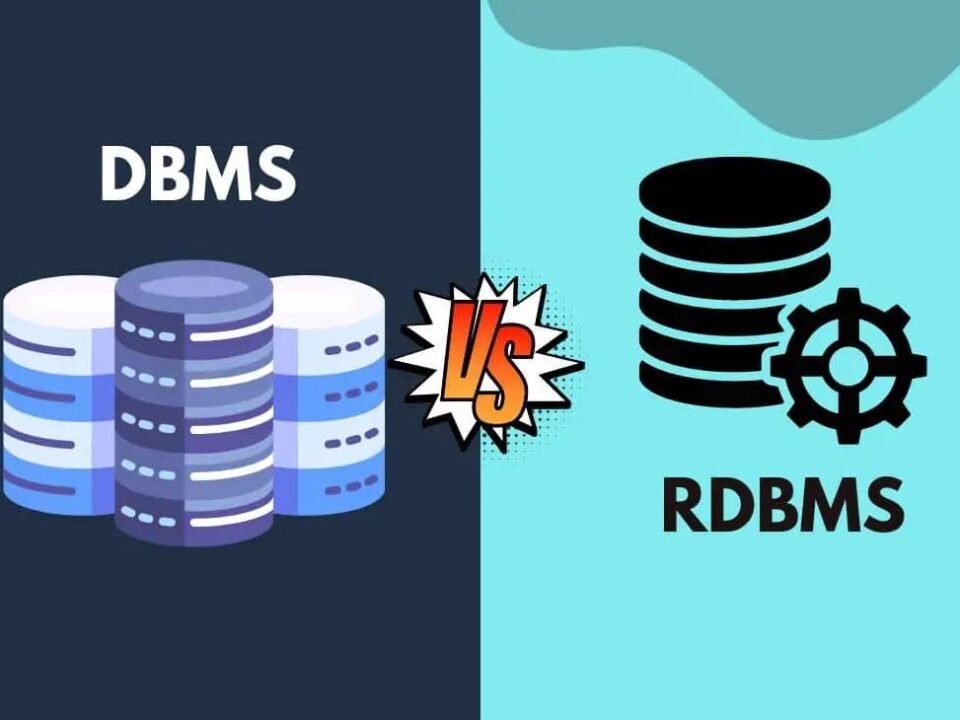
Role of Regulation in Shaping the Future of AI
August 5, 2025Artificial Intelligence (AI) is revolutionizing how startups innovate, scale, and solve real-world problems. The fusion of AI and entrepreneurship — also referred to as AI-powered entrepreneurship or AI in startups — is transforming industries, from healthcare to finance, by enabling entrepreneurs to automate tasks, analyze data, and create smarter business models.
In this guide, we’ll explore the opportunities, challenges, and real-life success stories where artificial intelligence and startups are reshaping the future of business.
(For more startup guides, visit Chatrashala’s Entrepreneurship Blogs.)
What Does AI and Entrepreneurship Mean?
The term AI and entrepreneurship describes the intersection where innovative business ventures meet artificial intelligence technologies. Entrepreneurs leverage AI tools — from machine learning algorithms to intelligent automation — to disrupt traditional markets and create AI-driven business innovation.
Synonym-rich variations:
- AI in entrepreneurship
- AI for entrepreneurs
- AI in startup ecosystem
- AI for business founders
- Intelligent automation for startups
(Explore AI fundamentals at IBM AI Overview.)
Why is AI Transforming Modern Entrepreneurship?
Entrepreneurs have always thrived on solving problems creatively. AI in modern entrepreneurship amplifies this capability by:
- Automating manual processes (customer support, inventory tracking)
- Delivering data-driven insights (predicting trends, improving decisions)
- Personalizing user experiences (AI-based recommendations, chatbots)
- Reducing entry barriers for small businesses with cloud-based AI tools
- Driving innovation in emerging sectors like fintech, healthtech, and EdTech
(See Google AI Tools for developer-friendly solutions.)
Opportunities in AI-Powered Entrepreneurship
1. AI for Startups: Automating Operations
Startups can replace repetitive tasks with intelligent automation for entrepreneurs, saving time and reducing costs. Examples include chatbots for customer service or AI tools for HR recruitment.
(Check HubSpot AI Chatbots for inspiration.)
2. AI in Business Ventures: Smarter Decision-Making
Using machine learning, entrepreneurs can analyze big data for market trends, consumer preferences, and competitor insights. This AI-enhanced business model supports informed, agile strategies.
(Read Forbes AI in Business Insights for case studies.)
3. AI in Small Business Innovation
AI reduces barriers for small business founders by offering scalable cloud solutions. Platforms like AWS AI and Azure Cognitive Services allow even bootstrapped startups to use enterprise-grade AI tools affordably.
(Explore AWS AI Services.)
4. AI-Driven Startup Ecosystems
Accelerators and incubators worldwide are integrating AI in startup ecosystems, offering mentorship and resources tailored to AI-powered ventures.
(See Startup India AI Trends for government initiatives.)
5. AI and Emerging Business Trends
From personalized healthcare to predictive supply chains, AI in business innovation opens doors for entrepreneurs to tackle global problems in sustainability, education, and e-commerce.
Challenges of AI and Entrepreneurship
While AI for entrepreneurs offers immense promise, it comes with challenges:
- High Costs: Training AI models demands infrastructure and expertise.
- Data Dependency: AI success relies on quality datasets, often hard for startups to access.
- Ethical Issues: Biased algorithms or privacy concerns can harm reputation.
- Talent Shortage: AI-skilled professionals are expensive and scarce.
- Scaling Problems: AI prototypes may struggle in real-world scalability.
(Read OECD AI Principles for responsible AI guidelines.)
Inspiring Success Stories of AI-Driven Startups
OpenAI (ChatGPT)
A research initiative turned global business, OpenAI’s ChatGPT showcases AI-driven entrepreneurship with its widespread use in content creation and automation.
Grammarly
Using machine learning in startups, Grammarly enhances writing quality for millions, proving how AI can scale consumer products.
UiPath
Pioneered robotic process automation (RPA), automating workflows for enterprises and becoming a multi-billion-dollar company.
Zest AI
Revolutionized credit scoring with AI-powered entrepreneurship, enabling fairer lending decisions in fintech.
CureMetrix
Leverages AI to detect breast cancer early, a breakthrough in healthcare entrepreneurship.
(Explore more success stories at TechCrunch AI Startups.)
How Entrepreneurs Can Start with AI
- Identify Real Problems: Use AI to solve market gaps, not just add features.
- Use Pre-Built AI Tools: Start with APIs from Google, AWS, or Microsoft.
- Collaborate Smartly: Partner with AI developers or consultants to reduce costs.
- Focus on Ethics: Implement fairness and privacy from the beginning.
- Seek Funding: Leverage AI-focused VCs or government startup grants.
Future of AI and Entrepreneurship
- No-Code AI Platforms: Democratizing AI for non-technical founders.
- AI for Sustainability: Startups addressing climate change and green tech.
- Hyper-Personalized Products: AI-driven experiences tailored to individuals.
- Global AI Collaborations: Cross-border innovation networks solving universal challenges.
(See World Economic Forum AI Reports.)
FAQs
1. Is AI only for big companies?
No, AI for small business innovation is accessible via cloud AI tools and APIs.
2. Can AI replace entrepreneurs?
No — it supports them, but creativity and vision remain human strengths.
3. Which industries benefit most from AI startups?
Healthcare, fintech, marketing, retail, and education lead adoption.
Conclusion
The fusion of AI and entrepreneurship is driving the next wave of business innovation. By adopting AI in startups and leveraging intelligent automation, founders can build scalable, impactful solutions. Challenges like cost and ethics remain, but success stories prove the immense potential of AI-powered business ventures.
(For more AI and startup insights, visit Chatrashala AI Blogs or explore Coursera AI for Everyone.)





